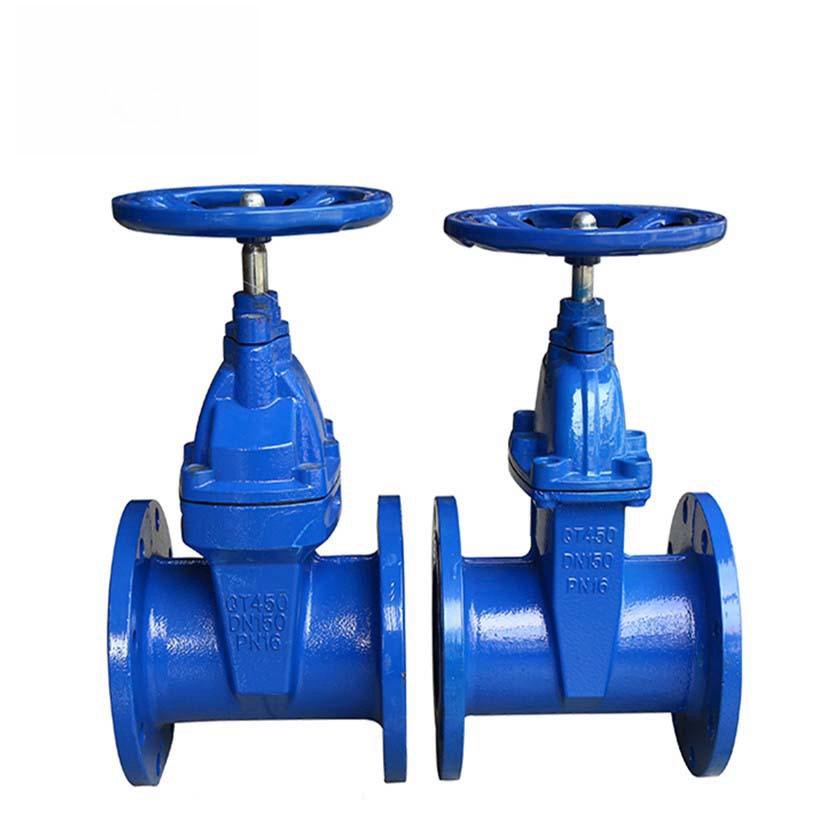Understanding the Functionality and Importance of Foot Valves in Fluid Systems
Understanding Foot Valves An Essential Component in Fluid Management
Foot valves play a crucial role in various applications involving fluid management, especially in pumps and water systems. As a specific type of check valve, foot valves are designed to permit the flow of water (or other fluids) in one direction while preventing backflow. This unique functionality makes them essential tools in irrigation systems, aquaculture, and industrial processes, among others.
The Design and Functionality of Foot Valves
Foot valves are typically installed at the bottom of a suction line that draws fluid from a source, such as a well or a reservoir. These valves consist of a strainer to filter out debris and a check valve that opens to allow fluid to enter the pump while closing to prevent its return. The strainer component is crucial as it ensures that only clean fluid enters the system, protecting pumps and other equipment from damage due to particles and sediment.
The operating principle of foot valves is relatively straightforward. When the pump operates, it creates a vacuum that opens the valve, allowing the fluid to flow into the suction line. Once the pump stops or the pressure drops, the valve closes, preventing the liquid from flowing back into the source. This self-priming capability is particularly beneficial for centrifugal pumps, which can lose prime if the fluid flows back into the source.
Applications of Foot Valves
Foot valves are widely used in various sectors, including agriculture, municipal water systems, and industrial applications. In agricultural irrigation systems, they ensure a steady supply of water to crops, maintaining pressure and flow rate even when the pump is not operating. Without foot valves, irrigation setups would require frequent priming, wasting time and resources.
foot valve 1

In municipal water supply systems, foot valves help maintain the reliability of water distribution. They assist in ensuring that water remains in the pipes, especially in cases where a pump may need to be serviced or shut down for maintenance. This prevents air from entering the system, which can lead to cavitation and other mechanical issues.
In industrial settings, foot valves are utilized in various processes that require efficient fluid movement. Their ability to handle different substances—ranging from chemicals to slurries—makes them versatile components. Industries such as mining, pharmaceuticals, and food processing employ foot valves to ensure seamless fluid handling while maintaining safety standards.
Choosing the Right Foot Valve
Selecting the appropriate foot valve for a specific application involves several considerations. The material of the valve, size, pressure ratings, and the nature of the fluid being handled must all be taken into account. Common materials for foot valves include brass, stainless steel, and plastic, with the choice often hinging on factors like corrosion resistance and the type of fluid involved.
The size of the valve must match the diameter of the suction line to ensure optimal flow rates, while pressure ratings need to align with system requirements to prevent failures. It’s also important to consider the type of strainer integrated within the foot valve. A properly designed strainer will reduce maintenance needs by effectively filtering out unwanted particles without impeding fluid flow.
Conclusion
Foot valves are indispensable components in many fluid management systems, offering both functionality and efficiency. Their ability to prevent backflow while enabling fluid flow is critical for the seamless operation of pumps and irrigation systems. By understanding their design, functionality, applications, and the factors to consider when selecting one, users can ensure they optimize their systems for performance and reliability. Whether in agriculture or industrial processes, foot valves continue to play a vital role in ensuring that fluid management is both effective and efficient.
-
Breakthrough in Domestic Low Temperature Valve Technology in ChinaNewsAug.18,2025
-
From Machinery to Intelligent Brain: The Digital Transformation Wave of the Valve IndustryNewsAug.18,2025
-
PCVEXPO 2025NewsAug.18,2025
-
The Key to Fluid Control: Exploring the Advantages of Ball Valves in Industrial SystemsNewsJul.09,2025
-
The Versatile World of 1, 2, and 3 Piece Ball ValvesNewsJul.09,2025
-
Stainless Steel Ball Valves: The Ideal Choice for Efficient Flow ControlNewsJul.09,2025
-
Optimizing Fluid Control with Ball Float ValvesNewsJul.09,2025




